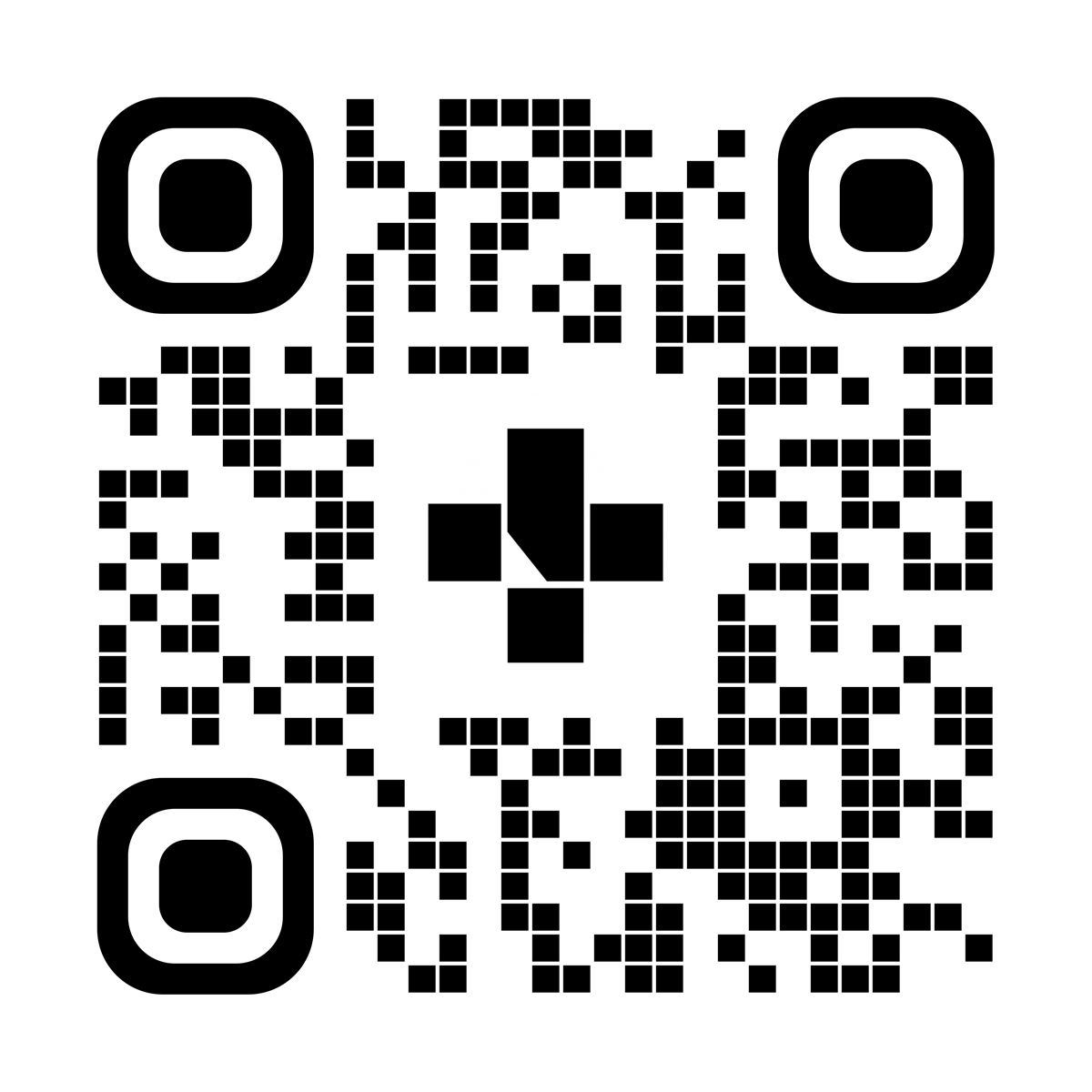Helping Older Adults Recover After a Disaster or Emergency
Care instructions
A disaster or emergency can be very stressful. It can be especially difficult for older adults, and they may need extra support from those around them. Make time to offer practical and emotional help. Be mindful of special needs that older adults might have. A combination of health and family issues, money problems, and increased stress may lower their ability to cope.
Not all older adults need extra help. Older adults are not all the same and will have different reactions to the disaster or emergency.
Older adults themselves can be very supportive after a disaster or emergency. Most have the knowledge and life experience to help others cope. Let older adults know how they can participate in relief efforts and welcome them. Focus on their strengths and abilities. They can be great volunteers. Volunteering is a good way for older adults to feel more connected to communities and to make new friends.
Special considerations for older adults
Some older adults have past life experiences that can help them to cope with hard times and stress after a disaster or emergency. For others, the disaster may bring back memories that can make it harder for them to cope.
Older adults may be less likely to recognize or talk about their feelings. Instead, you might see emotional reactions to a disaster or emergency showing up as physical aches and pains.
Changes in daily routines caused by disasters or emergencies may cause increased stress, coping issues, confusion, unhappiness, and anxiety. Older adults who have Alzheimer’s disease or other forms of dementia may be more likely to have difficulty coping.
Some older adults may need extra help, like those who:
- have memory problems, including Alzheimer’s disease or dementia
- are living with a mental illness like schizophrenia, anxiety, or depression
- need regular medicine or health treatments to manage chronic conditions
- are in poor physical health, have reduced mobility, have problems with vision or hearing, or need help with everyday tasks
- don’t have close family caregivers, friends, community connections, or a support network
- can’t speak or read English
Common signs of stress
Everyone responds differently after a disaster or emergency. The signs of stress listed below are common after a disaster or emergency. Usually, these reactions get better over time.
Support is available. Talk with your healthcare provider or call Health Link at 811 if you’re caring for an older adult and are worried about any changes or signs of stress that you see.
Physical changes and changes to behaviour
- headaches, aches, and pains
- changes in eating habits, stomach problems, or appetite changes
- paying less attention to personal hygiene, grooming, and self-care
- incontinence (loss of control of the bladder)
- changes in sleep, including difficulty sleeping
- feeling sick more often
- weight gain or weight loss
- increased use or misuse of alcohol, tobacco, or other drugs
Changes to thinking (cognitive changes)
- trouble concentrating or paying attention
- disoriented, confused, wandering, or calling out
- trouble with short-term memory
- unusual decision-making behaviours or patterns
Emotional changes
- moodiness or crying easily
- feeling depressed, sad, hopeless, or helpless
- constantly thinking about the disaster or emergency or having flashbacks to the event
- feeling tired or having a lack of energy or motivation
- feeling worried, irritable, frustrated, or angry
- being unusually happy or overactive
- staying away from people or things that they normally like
- feeling guilt, disappointment, or shame
- thoughts of harming themselves or harming others
How can I help?
Provide psychological first aid
- listen actively and create a safe, calm environment
- allow time for grief and healing without pressure to get over it
- encourage appropriate expression of thoughts and feelings
- validate emotions and normalize stress reactions
- provide accurate information about disaster response and recovery resources
Support autonomy and decision-making
- involve older adults in decisions about their recovery process
- provide information and support for decision-making about rebuilding or relocating
- respect individual preferences and choices
- build on existing strengths and resilience
Enhance social connections
- help maintain and restore social networks disrupted by the disaster
- help them reconnect with family, friends, and community
- create opportunities for meaningful social interaction during recovery
- consider involving older adults in volunteer activities when appropriate
Restore routines and structure
- help re-establish daily routines as quickly as possible
- support access to familiar activities, objects, and environments
- help them get to know their way around in unfamiliar settings
- create predictable schedules and environments
Important numbers and resources
If you or an older adult are having suicidal thoughts, go to the nearest emergency department or call 911 right away.
Call Health Link at 811 to speak to a registered nurse anytime day or night.
Help is available. Most of the phone numbers below offer telephone support 24 hours a day, 7 days a week. The hours for text messaging support or online chats may be different.
Adapted from Mental Health Promotion & Illness Prevention Team, Alberta Health Services.
To see this information online and learn more, visit MyHealth.Alberta.ca/health/pages/conditions.aspx?Hwid=custom.ab_recoverypostdisasteremergency_seniors_ac.

For 24/7 nurse advice and general health information call Health Link at 811.
Current as of: April 29, 2025
Author: Emergency/Disaster Management, Alberta Health Services
This material is not a substitute for the advice of a qualified health professional. This material is intended for general information only and is provided on an "as is", "where is" basis. Although reasonable efforts were made to confirm the accuracy of the information, Alberta Health Services does not make any representation or warranty, express, implied or statutory, as to the accuracy, reliability, completeness, applicability or fitness for a particular purpose of such information. Alberta Health Services expressly disclaims all liability for the use of these materials, and for any claims, actions, demands or suits arising from such use.
